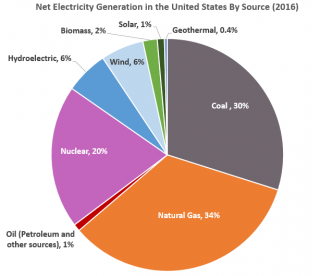I knew that writing in praise of Texas’ economic policies (as I did in a recent opinion column) would be polarizing. There is something about Texas that excites the passions of New Mexicans.

Here’s one email:
I read your little article in the Albuquerque Journal. You don’t think Texas has issues? Try this one – highest uninsured sick people in the country. Another one, their aggressive assault on LGBTQ, especially trans people. I’m glad New Mexico is a BLUE STATE. Texas is a litteral s^&* hole red state that let’s girls die of abortion. Their wages are also s^&* whereas wages are better in New Mexico. Even retirement is better in New Mexico then Texas and it’s why many Texans retire in New Mexico.
You are biased and you got s^&*hole views. You also ignore a lot of other variables. Thank God you aren’t in control of the world..f*&# you.
Or.
Why would New Mexico follow Texas into the depths of autocracy?
The Texas Taliban is an existential threat to U.S. Constitution. Texas is actively chipping away at Constitutional Rights such as voting and abortion. Texas supports Orange Jesus and rejects law and order.
Like Texas?? MOVE!!
Or.
I just read your article and the reason NM doesn’t like texas is that they have racist policies towards minorities and others. I’d rather be humble and poor than be like texas. F*%& them!
On a more positive front, my discussion of New Mexico’s lousy rest areas drew support from a few letter-writers:
There needs to be more spotlight put on the condition of the rest stops along the three interstate highways in New Mexico.
For a State that spends millions of dollars attracting tourists, why do we have such poor traveling accommodations? Our primary and secondary highways, that complete the journey to our attractions, could use more than a 55 gallon drum chained to a tree and a rickety picnic table…a memory from the 80’s traveling to Carlsbad.
We are surrounded by States with welcoming rest stops, while ours send a much different, negative message. ‘You’re in New Mexico and this is the best it gets’.
Unfortunately, having welcoming rest stops in New Mexico is not a priority for the Legislature, Tourists Department and the NMDoT. I know, I have had very unsuccessful conversations with them over the years. The lack of priority on their part is both counter intuitive and non-productive.
Maybe MLG can enlist Antoine Predock to design a whole series of rest stops.
AND
Rest Stops and Roads. Coming back from Dallas recently, taking 287 up to Amarillo (rest stops on 287 are fabulous) you can always tell when you cross over into New Mexico on the I-40 from Texas. Potholes, dreadful roads, axle shattering repairs – it is a disgrace that a road in New Mexico which is far from Santa Fe is allowed to exist in such disrepair. I pity the truckers who have to travel through our state. Why is it that the I-40 from Amarillo to the New Mexico border is so smooth and repaired (and the I-40 east of Amarillo as well) and the I-40 in New Mexico is in such horrible condition?
We have been in NM for 16 years, went to grad school at UNM and both children graduated from UNM Law. One has already left the state for opportunities in Dallas Fort Worth and I doubt the other will stay once she and her husband have children. Sad but true – no opportunities in NM, lots in Texas as long as you’re willing to work. But please settle in the state that doesn’t trigger you by all means.

























